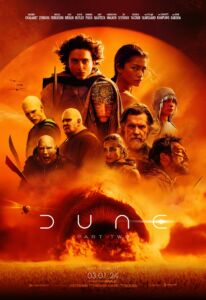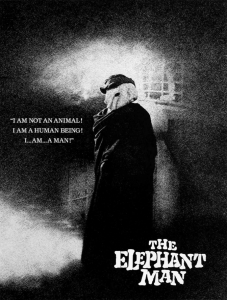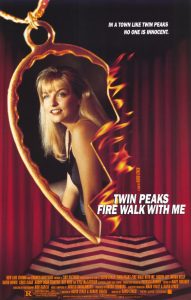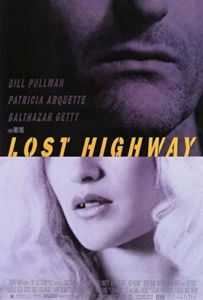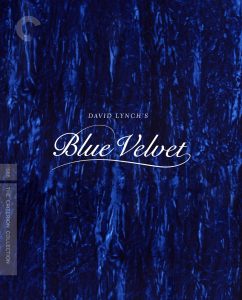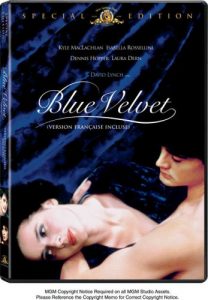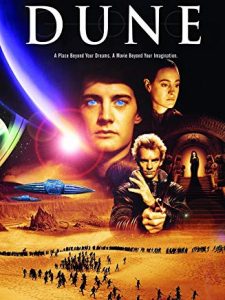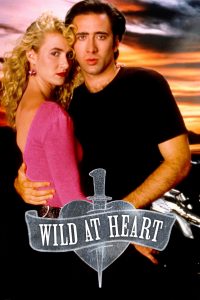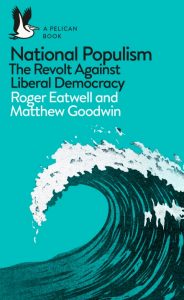Frank Herbert’s original novel Dune (1965) is a brilliant synthesis of the futurism of science fiction and the archaism of fantasy literature. Denis Villeneuve’s continuing film adaptation Dune: Part Two is now in theaters. It is a bit better than the first part, but has all the same problems, and a few new ones, so I can’t recommend it. Like the first part, it is not terrible, just mediocre: dull to my eyes, grating to my ears, trying to my patience, an insult to my intelligence, and worst of all: just another Hollywood attack on white people. (more…)
Tag: David Lynch
-
Frank Herbert’s six Dune novels fall into three pairs. Dune (1965) and Dune Messiah (1969) chart the rise and fall of Paul “Muad’Dib” Atreides, a man who becomes a superman and the God Emperor of the known universe. Children of Dune (1976) and God Emperor of Dune (1981) narrate the rise and fall of Paul’s son, Leto II, a superman who transforms himself into a monster and rules for 3,500 years. Heretics of Dune (1984)[1] and Chapterhouse: Dune (1985)[2] are set 1,500 years after God Emperor and focus on the Bene Gesserit Sisterhood’s struggle with their evil twin, a sisterhood that calls itself the Honored Matres. (more…)
-

The rankings of cinema classics are being affected by affirmative action, just like everything else.
1,526 words
The results of the Sight and Sound poll of the Greatest Films of All Time were announced earlier this month. The prestigious, once-a-decade poll, which has been conducted since 1952, is widely regarded as an arbiter of the canon of cinema. This year’s results bear the unmistakable influence of film-school fads and rabid identity politics.
This year’s list is noticeably more diverse than the previous one. The number of films made by black directors that appear on it increased from one to seven, and the number of films made by women increased from two to eleven. (more…)
-
David Lynch’s second feature film, The Elephant Man (1980), is one of his finest works. In many ways, The Elephant Man is Lynch’s most conventional “Hollywood” film. (Dune too is a “Hollywood” film, but a failed one.) The cast of The Elephant Man is quite distinguished, including John Hurt, Anthony Hopkins, Sir John Gielgud, Dame Wendy Hiller, and Anne Bancroft. The film was produced by Mel Brooks, who left his name off so that people would not expect a comedy. (more…)
-
David Lynch’s 1992 movie Twin Peaks: Fire Walk with Me is his prequel to the Twin Peaks series, which ran on ABC from 1990 to 1991. Fire Walk with Me was a flop with critics and moviegoers, except in Japan. This is unjust, because Fire Walk with Me is a very fine movie. I won’t say it is Lynch’s best work. That praise belongs to Blue Velvet alone. But the music to Fire Walk with Me is composer Angelo Badalamenti’s best work ever. (more…)
-
I feel like I grew up in Twin Peaks, the fictional Washington logging town that gave its name to David Lynch’s iconic TV series, which aired on ABC from the spring of 1990 to the spring of 1991. Twin Peaks has one of the best pilots in television history, which was followed by an abbreviated first season of seven episodes. (more…)
-
1,483 words
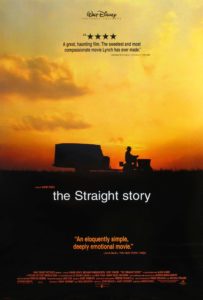
1,483 words

When I saw Blue Velvet and Twin Peaks, I was convinced that David Lynch is an essentially conservative and religious filmmaker, with a populist and mystical bent. Arguing that thesis was an uphill battle as his work got increasingly dark in the nineties. Many people interpreted Lynch’s portrayals of quirky, salt-of-the-Earth white Americans as parody, his mysticism as arbitrary weirdness, and his depictions of evil and violence as inconsistent with having a conservative and religious moral center. (more…)
-
Lost Highway is probably not a lot of people’s favorite David Lynch film. I would rank it in the lower rungs of his canon. But it is still a masterful film that draws me back again and again.
The big question about Lost Highway is what actually happens. This movie has a plot that you can fully summarize without really spoiling it, because the meaning is never really given away. (more…)
-
August 13, 2019 Trevor Lynch
Blue Velvet: The Lost Footage
The Criterion Collection’s new Blu-ray of Blue Velvet contains 53 minutes of lost footage. Does this footage in any way alter my reading of the film’s psychological and political meaning? The short answer is no, but read on.
Blue Velvet was released as a two-hour film, but originally it was about two hours and fifty minutes long. The material Lynch removed is not raw footage that was never part of the film. (more…)
-
Jeffrey: I’m seeing something that was always hidden. I’m involved in a mystery. And it’s all secret.
Sandy: You like mysteries that much?
Jeffrey: Yeah. You’re a mystery. I like you. Very much.
-
David Lynch’s third feature film is his 1984 adaptation of Frank Herbert’s science fiction classic Dune. Herbert’s Dune is widely hailed as a masterpiece, while Lynch’s Dune has a much more mixed reputation, tending toward the negative. When I first saw Lynch’s Dune, I was deeply disappointed. Herbert’s novel had left a powerful and vivid impression on me, and Lynch’s vision was not my vision. (more…)
-
Wild at Heart is not David Lynch’s best movie, but it is my favorite. I would argue, for instance, that Blue Velvet, The Elephant Man, and The Straight Story are all better films. But for some reason they do not call me back year after year like Wild at Heart.
Wild at Heart was released in the summer of 1990, when Lynch was riding high on Twin Peaks mania. It won the Palme d’Or at the 1990 Cannes film festival, albeit over vocal protests. (more…)
-
I have read about 40 books in 2018 (so far). These are my five favorites. (Modesty requires that I exclude my own books and other Counter-Currents titles.)
1. Roger Eatwell and Matthew Goodwin, National Populism: The Revolt Against Liberal Democracy (New York: Pelican, 2018).
As I mentioned in my “Toward a New Nationalism” essay, Roger Eatwell and Matthew Goodwin’s National Populism is a very exciting book. (more…)
